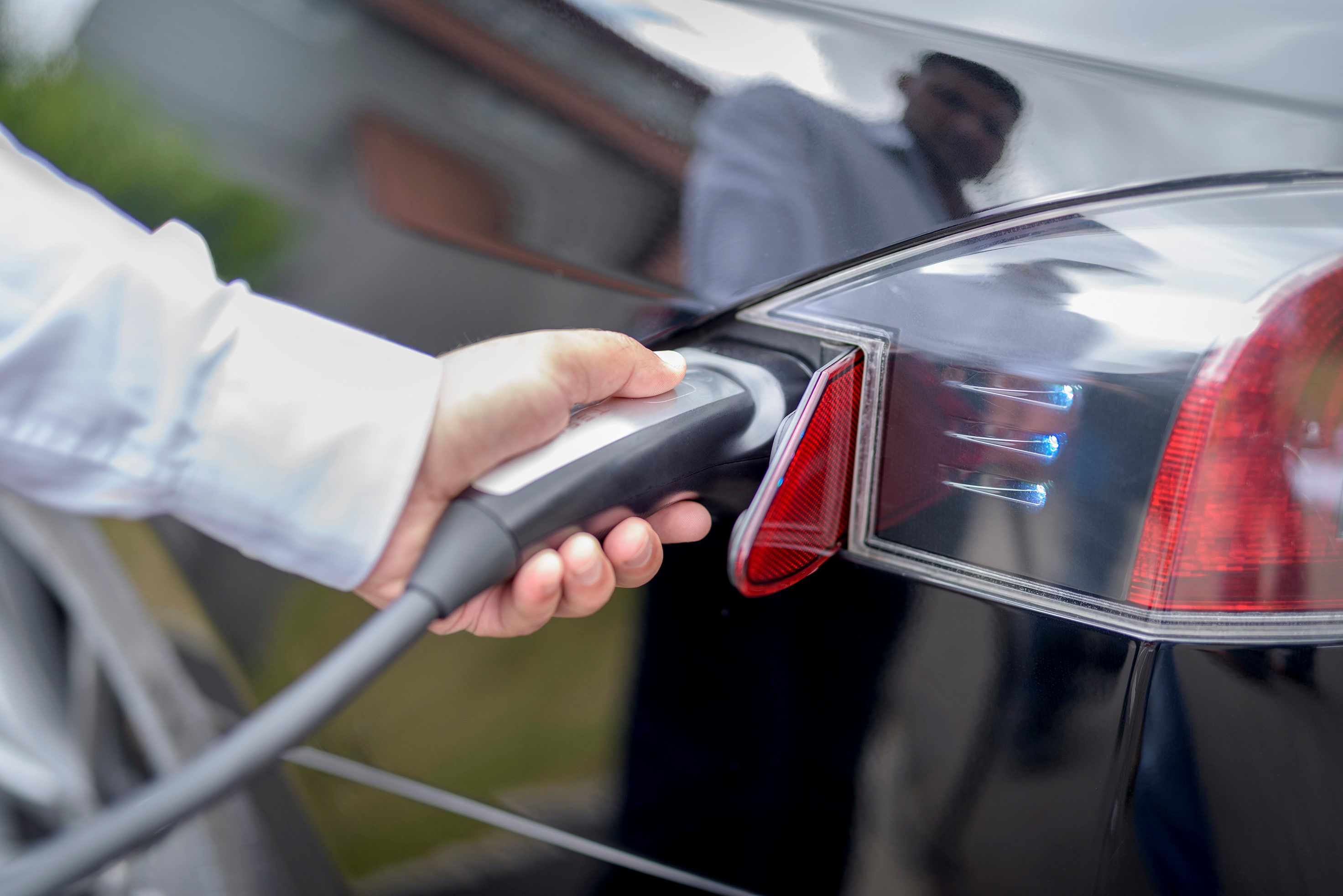I have read that older diesel engines produce larger ( and more visible) particulates which are actually less harmful to health - the desire to clean emissions has made the situation worse.
On another note CO2 is essential to all life, we are historically at a low level of CO2, and plants would grow much better if levels were at 1000 pmm. (which would not in any way be harmful to our health) Plant nurseries often increase CO2 in glasshouses for that reason. Levels of CO2 have been at 4000ppm during long ice ages which would indicate it is at best an insignificant greenhouse gas.
NASA photographs taken from their earliest satellites compared to current photos of the Earth show that an increase of vegetation the size of America has occurred due to deserts shrinking as plants are able to grow with less water if CO2 levels increase. Which quite starkly means our producing CO2 is beneficial to the Earth.
There are many pollutants that should be drastically reduced - but CO2 is not one of them!
On charging EVs from your own
solar panels - I have 16 full size panels on my workshop roof facing SSW - in the previous 2 cloudy days they produced 0.2 and 0.4 kwh, at which rate it would take 133 days to recharge a 40 kwh
battery.....obviously an almost worst case scenario but shows the problems with renewables.


